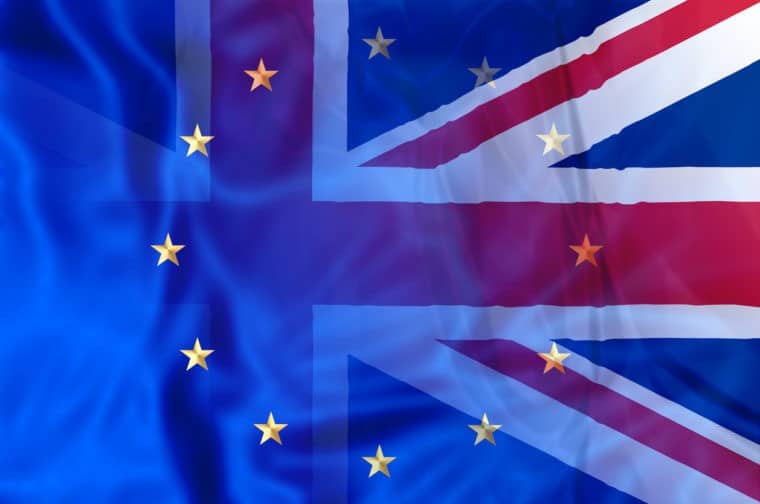Looking beyond Brexit
Dr Naushad Forbes, President of the Confederation of Indian Industry, gives his take on UK-India business relations post-Brexit

Brexit could provide an opportunity for the UK-India relationship to grow
The joint statement made during Prime Minister Modi’s visit to UK in November 2015 heralded the beginning of a new phase in the engagement between the UK and India.
Although trade has been slow to grow, there is huge potential given the existence of a conducive bilateral framework. On the economic front, our investments in each other’s countries have grown over the years and there is a renewed energy in collaborations. The UK is the largest source of FDI in India from amongst the G20 nations and India has distinctly emerged as the third largest investor in UK economy.
According to the latest version of ‘India Meets Britain,’ a report on the fastest growing Indian companies in the UK, over 800 Indian companies operate in the UK and support 110,000 jobs. The fastest growing of these companies, with growth rates of at least 10% or higher, have a combined turnover of £26 billion. Their investment spans technology and telecoms, pharmaceuticals and chemicals, financial services and other sectors. With nearly 40% of Indian companies heavily concentrated in and around the London area, 34% are spread in South, 15% in the North and 10% in the Midlands.
For these companies, Brexit has been a pressing concern. Indian companies operating in the UK have expressed apprehension around single market tariffs, passport rights, patenting, Intellectual Property Rights (IPR) regime, and ease in global talent mobility, all of which will be determined, bit by bit, in the terms of UK’s exit from the EU. They will have to adjust and adapt.
However, even in a post-Brexit scenario, we see positive opportunities for the UK and India to work together.
With Britain’s departure from the EU, India would have to negotiate a fresh trade agreement with the UK. This may be easier to accomplish at bilateral level. India and the EU have been negotiating a Free Trade Agreement (FTA) for nine years. The sticking points include India’s concerns about imports of wine and cars. In the UK’s case, there will be no concern over wine and the cars might come from an Indian owner!
Given India’s strong cultural and historical ties with Britain, the UK could also consider relaxing its investment regime, and easing global talent movement to facilitate greater investments from Indian firms.
Much attention is being paid to economic and commercial cooperation between the two countries. A strong action plan has been developing via bilateral mechanisms like the India-UK CEO Forum, and the India-UK Joint Economic and Trade Committee (JETCO) – both of which CII is proud to support.
All of this is not to discount real concerns and uncertainties that businesses are faced with. The long-term future relationship between India and the UK, particularly concerning industry, is strongly positive. But until the terms of Brexit are clear, uncertainty will limit Indian investment in the UK. The sooner this is resolved, the sooner we can move on. Given the positive economic outlook for India and the efforts of our governments to build confidence, we can over time make this the best era for our industries to collaborate.



